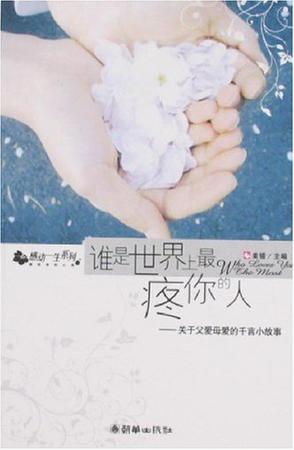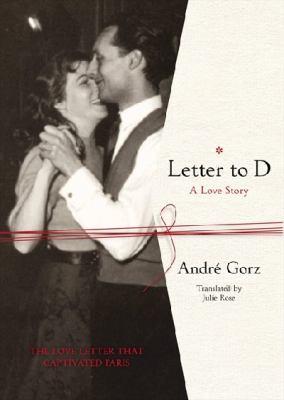Letter to D
Andre Gorz
This spare, elegant, best-selling memoir by a celebrated French journalist and writer has been impeccably translated into English by Sydney-born Julie Rose. The tale it tells is a deeply moving tribute to a much-loved woman, the author's British-born wife, lover and constant companion for 58 years.
He wrote it for her alone, without thought of publication, after a routine back operation began to cause her excruciating pain. Particles of a radio-opaque agent lodged in her brain and formed cervical cysts, dooming her to incurable suffering.
The agony endured by Dorine (a Molieresque version of Doreen) increased as predicted; her heart-broken husband offered her his last homages in this eloquent verbal tribute to their life together. They had met when he was Gerard Horst, son of an Austrian-Jewish father and a Catholic mother. A qualified chemical engineer, Horst was sufficiently influenced by a meeting with Jean-Paul Sartre and Simone de Beauvoir to pursue an interest in moral philosophy. Under the pseudonyms of Andre Gorz and Michel Bosquet, he became a prominent opponent of nuclear power and the celebrated developer of a theory of ecological politics.
Meanwhile he got to know the young British woman he'd first spied in Lausanne, the two of them exchanging accounts of unhappy, loveless childhoods. Two years later they married but elected to remain childless: Gorz could not bear to share the vivacious, charming Dorine with anyone. Hordes of friends nevertheless flocked to their enjoyable afternoon teas: "We knew how to live in poverty but not in ugliness," Dorine explained. Mutual trust and absolute fidelity came naturally; Gorz has no trouble persuading us that Dorine remained "beautiful, gracious and desirable" even when she was ill and in her 80s.
The romance ended in 2006, when they conspired to take their own lives. As well as the Letter To D, there were two or three explanatory missives to close colleagues and friends and a warning for the cleaning lady pinned to the door. The large circle of intimates received the news with more sadness than surprise. Andre could not live without Dorine, and Dorine could not go on living.
The French have a saying, "Le beau mariage n'a pas d'histoire" - a happy marriage has no story. This novella is accordingly very brief, little more than 100 pages, but not only does it tell its tale without sentimentality or self-congratulation, it has generated a huge response in France, critical and popular.
But, given the exemplary translation, why do I wonder whether its quiet, discreet beauty will enjoy similar acclaim in this country? In France it is possible, even normal, for a public intellectual to be a national hero, a philosophising journalist a household name. The additive of public fame cannot but help make this otherwise restrained account of abiding devotion fascinating to the populace. But the Gorzes are virtually unknown in Australia, and the only parallel that comes to mind is the famously uxorious Mr Howard.





